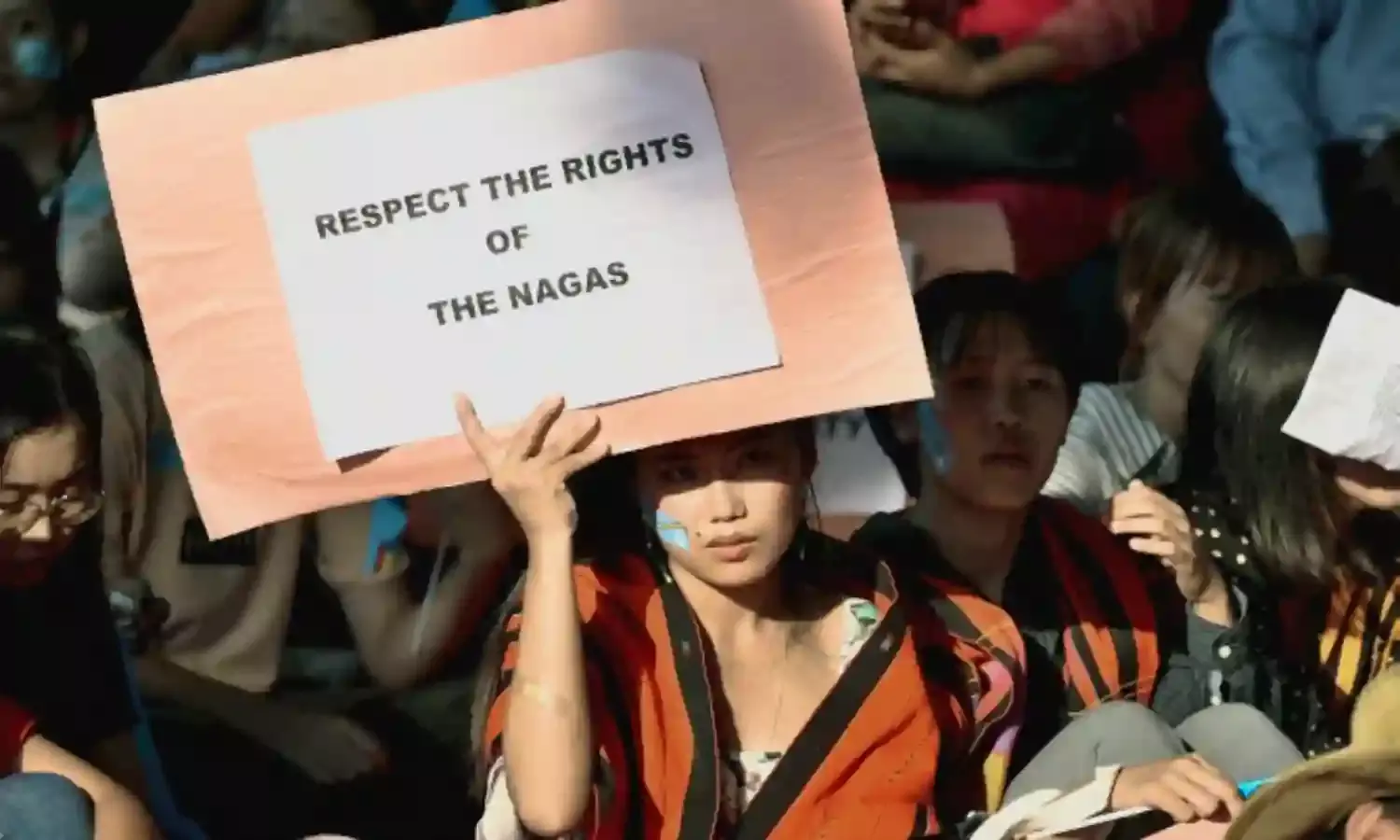Naga Talks: No Solution in Sight as Thursday Deadline Hits
No official confirmation on whether the talks could be extended

KOHIMA: With Thursday being the ‘deadline’ to reach an agreeable solution for talks between the Indian government and armed rebel Naga leaders, there has been no official confirmation on whether the talks could be extended, and if any agreement has been reached among all parties involved.
A ‘Framework Agreement’ between the Centre and the Nationalist Social Council of Nagaland, Isak-Muivah (NSCN-IM) was signed back in August 2015 and was touted as a major step in bringing lasting peace to a troubled region that has witnessed decades of violence, primarily in Nagaland state and areas inhabited by ‘Naga’ tribes in the states of Arunachal Pradesh, Assam, and Manipur, apart from some areas of Myanmar.
But four years later, very little of the details of the agreement have come to the public space and rumours surrounding the deal have continued to cause confusion and chaos.
The talks also gained further significance when New Delhi began holding talks with six (currently seven) other armed groups that came together under the umbrella of the Naga National Political Groups (NNPGs). The move was not welcomed by the NSCN-IM which continues to hold the view that it is the sole representative of the interests of the Naga people across state and national boundaries.
Additionally, the Khaplang faction of the NSCN is not in talks with the Centre in any manner and, in fact, does not have a ceasefire agreement with the Indian government.
Several reports about the demands being made have been published and broadcasted but official confirmation on any of those issues remain a mystery, as government officials and the armed groups holding talks have publicly remained silent on the issue.
The rumours (and that’s what they are as of now) are that the proposed Naga areas will continue to be part of the state’s that they are currently part of but that the places outside of the state of Nagaland will be given autonomous council status and will be governed by some form of unifying territorial council.
While those remain the rumours, what has been reported as confirmed is that talks have failed to make substantial progress because of the NSCN-IM’s insistence of a separate flag and constitution for the Naga areas. It’s a demand that the Indian government’s interlocutor and Nagaland governor, RN Ravi, seems unwilling to bend over on.
Conflicting reports about whether the talks will be held beyond the October 31 deadline continue to be published and reported, and has led to confusion within the Naga areas, especially Nagaland where most people continue to live as usual, going on with their daily chores.
However, the talks (the latest round of which began in October 24) with the NSCN-IM and the NNPGs have also continued without any relevant details being made public and has led to opposition voices being raised in neighbouring states, most vocally in Manipur.
The Coordination Committee on Manipur Integrity (COCOMI) has called for a 20-hour protest in Manipur on October 31, the day of the deadline, should the deal “challenge” the state’s territorial integrity. This is apart from a massive protest that was already held in Manipur’s capital, Imphal, last week by hundreds of women.
On Wednesday, representatives of the Delhi unit of the Kuki Students Union staged a protest to voice their opposition to the possible direction of the talks.
Kukis are one of the major ethnic groups of Manipur, and there have been apprehensions that Kuki villages may be included in the possible Naga territorial council.
In Arunachal Pradesh, the All Arunachal Pradesh Students Union (AAPSU) has stated that the proposed agreement to resolve the issue should not affect the state and its people in any way.
While fears of a possible outbreaks of both territorial breakup of states and violence looms, for now, uncertainty rules the roost.



